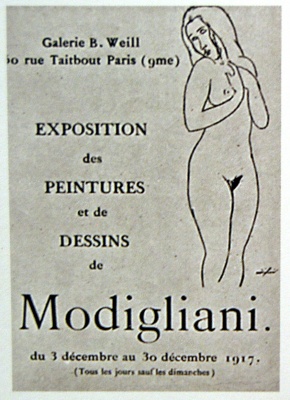Trotsky, I hear, is very angry with me for not answering his note. On my sending Consul Woodhouse to endeavor to obtain the necessary permission for some of our subjects to go home, he said that it had been decided that no British subjects would be allowed to leave Russia till the question of the two interned Russians had been satisfactorily settled.
He added that Chicherin was a personal friend of his, and he was particularly anxious to secure his release as he proposed appointing him his diplomatic representative in one of the Allied capitals. In the event of our Government refusing to release him, he threatened to arrest certain British subjects whom he knew to be counter-revolutionaries.
About half-past nine the same evening General Niessel, the French military representative, came to see me. Trotzky, he said, had told a French officer, who was a Socialist and in close touch with the Bolsheviks, that he had a special grudge against me, not because I was indisposing my Government against him, but because I had, ever since the overthrow of the late Government, not only been in constant touch with Kaledin and the committee of public safety but had even supplied the latter with funds. He was therefore contemplating arresting me, and should this lead to a rupture of relations between our two Gk>vernments he would keep a certain number of British subjects as hostages. General Niessel did not think that Trotzky would dare arrest me in the Embassy, but as he knows that I am in the habit of taking a daily walk he might do so when I was out of doors. By way of cheering me, the General added that, from inquiries which he had made, he believed that the most comfortable cells in the fortress were between the Numbers 30 and 86 and that should the worst happen I had better bear this in mind.
I did not take Trotzky's threat too seriously and continued my walks as usual without any unpleasant consequences. Only once, as I was turning into a side street off the quay, I nearly got into the middle of a fight that was going on at the other end. I w^as fortunately stopped in time by a friend of ours. Princess Marie Troubetzkoi, who happened to be passing. She assured me that she had saved my life, and insisted on seeing me safe home to the Embassy, as no one would, she said, attack me if I was with a lady.
The victory of the Bolsheviks has been accompanied by a “Polovtsian” attack on the freedom of the press. This is quite natural and to be expected. The only people who could be amazed at it are those who see the Bolsheviks as apostles of freedom and social equality. See more

The garrison of Moghilev rose and seized the city, arresting Dukhonin and the Army Committee, and going out with victorious red banners to meet the new Supreme Commander. Krylenko entered Moghilev next morning, to find a howling mob gathered about the railway-car in which Dukhonin had been imprisoned. See more
You’re always enigmatic and new,
And I am ready to serve your desire,
But the love that I’m getting from you
Is a trial by iron and fire.
See more
In the morning, as usual, I was visited by my dear children and grandchildren. We had breakfast with Prince Shervashidze and Dolgorukov, and afterwards walked in the garden with them and with the children. See more
I dined with the W-s. They say that Smolni talks of arresting the Ambassador, Thornhill and me. Thornhill “ because he pushes his nose in everywhere,” and me as the " ame damnee ” of the Embassy. See more


The cold grew stronger and during the day it got clear. The guards were restless because they had not received their wages from Petrograd. This was quickly brought to an end by borrowing the necessary sum from a bank. During the day I worked on the firewood. At 9 o'clock vespers was over.